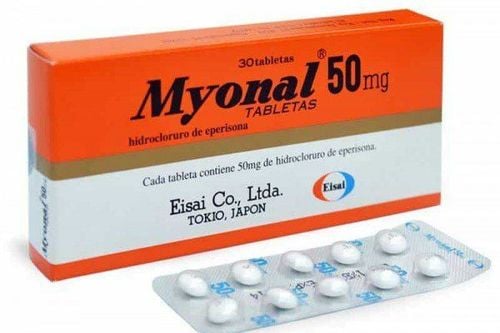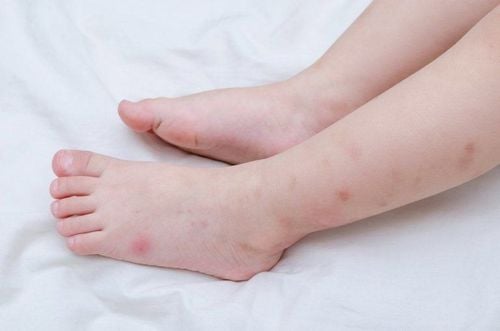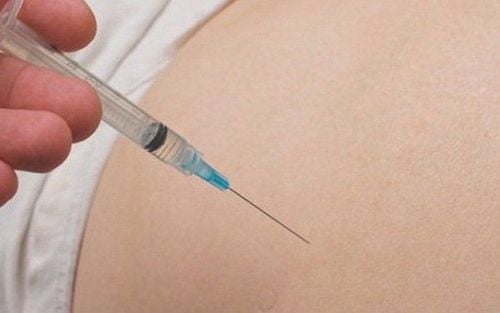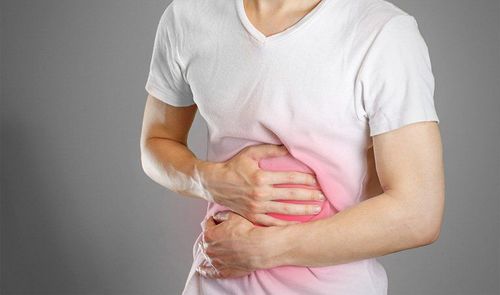Drug allergy may cause severe adverse consequences to the patient’s health. As such, it is crucial that patients understand the nature of their drug allergies for effective management and prevention.
1. What is a drug allergy?
A drug allergy is an abnormal reaction of the immune system to a specific medication. Similar to other allergic responses, this occurs when the immune system mistakenly identifies a component of the medication as harmful.
In response, the immune system releases chemicals to combat the perceived threat. Symptoms can arise regardless of whether the medication is taken in liquid, tablet, or injectable form.
2. How Long Does a Drug Allergy Last, and What Are the Symptoms?
Drug allergy symptoms can range from mild to severe and typically appear within 1 to 72 hours. Once the medication is discontinued, symptoms usually subside gradually.
Symptoms include:
- Rashes or blisters, which are among the most common manifestations..
- Coughing, wheezing, runny nose, and difficulty breathing.
- Fever.
- Severe skin conditions like toxic epidermal necrolysis (TEN) and Stevens-Johnson syndrome, which involve blistering and peeling skin.
Anaphylatic shock is a life-threatening reaction, requiring emergency intervention. Symptoms of anaphylaxis include widespread rash, throat or mouth swelling, difficulty breathing, and dizziness. These symptoms often occur within an hour of taking the medication and can be fatal without emergency intervention.
The duration of drug allergies varies depending on the type and severity of the symptoms. For patients with mild symptoms such as itching or mild discomfort, the allergic episode typically resolves quickly after stopping the medication. Hives or rashes may persist for around 10 days. Lastly, severe allergic reactions can last several weeks or may even become chronic

3. Medications Commonly Associated with Allergies
While drug allergies can occur with any medication, some are more likely to trigger an allergic reaction than others. These common medications include:
- Penicillin (e.g., ampicillin, amoxicillin).
- Aspirin and other nonsteroidal anti-inflammatory drugs (NSAIDs).
- Sulfa drugs.
- Vaccines.
- Anticonvulsants.
- Medications for hyperthyroidism.
If a patient is allergic to a specific drug, they may also have adverse reactions to other related medications. For instance, those allergic to penicillin may also be allergic to amoxicillin due to both being antibiotics
Most drug allergies are mild, and symptoms typically resolve within a few days after discontinuing the medication. However, severe reactions may require medical intervention.
4. Managing Drug Allergies
Doctors diagnose drug allergies by reviewing the patient’s medical history, current medications, and symptoms. If the cause is unclear, additional tests may be conducted like skin tests or drug challenges, in which the patient is given a small dose under medical supervision to monitor for a reaction.
The most effective treatment for drug allergies is to discontinue the offending medication. Patients should consult with their doctor about alternative options. If no substitutes are available, doctors may recommend desensitization therapy.
Desensitization therapy involves introducing a small amount of the allergenic drug to the patient and gradually administering increasing doses under strict medical supervision of a specialist, helping the immune system adapt and reducing allergic reactions.
Emergency medical attention is required if a patient exhibits symptoms such as severe itching, hives, swelling, abdominal pain, nausea, or vomiting after taking the medication.
For mild symptoms, over-the-counter antihistamines may provide relief from itching mouth, mild rashes, nausea, abdominal pain, sneezing, or a runny nose. If antihistamines are ineffective or cause side effects like drowsiness, doctors may prescribe alternative medications that are more appropriate for the patient. However not all antihistamines induce drowsiness.
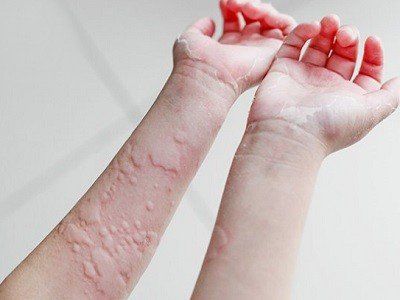
5. Preventing Drug Allergies
To prevent drug allergies, consider following these strategies:
- Keep a list of all current medications.
- Identify drugs that previously caused allergic reactions and avoid them.
- Discuss any new prescriptions with a healthcare professional to ensure compatibility. This method ensures that potential drug allergies can be avoided
- Avoid sharing medications or using others’ prescriptions.
Additionally, for mild allergic reactions, additional measures such as taking cool showers or applying cold compresses to ease irritation. Patients could also wear loose, breathable clothing to minimize skin discomfort.Moreover, patients should also avoid using harsh chemicals, strong-cleansing soaps and detergents to prevent worsening skin irritation. However, the best course of action is to seek medical attention promptly if an allergic reaction occurs. Early diagnosis and treatment can prevent complications and ensure patient safety.
To arrange an appointment, please call HOTLINE or make your reservation directly HERE. You may also download the MyVinmec app to schedule appointments faster and manage your reservations more conveniently.




